Taoist
Taoism is a native religion in China. Taoism, based on the thoughts of Huang and Lao Taoists, inherited the immortal art from the warring states period. In the last years of the Eastern Han Dynasty, a large number of Taoist organizations appeared. Zhang Dao Ling, the founder of the order, has a history of 1800 years. Taoism is the worship of many Gods. The worship of the gods is the Taoist belief in the "Tao" personified. There are more than 30,000 Taoist monks in China. The temple is a place for Taoist activities, and there are more than 2,000 temples registered and opened nationwide.

History of Taoism
Taoist patriarch Laozi regarded "Tao" as the universe noumenon and the law of all things, and it was a mysterious existence beyond time and space. Based on "Tao", he established the theological theory system of Taoism, and Lao Zhuang's mysticism and health preservation thought, which formed the thought of achieving Taoism and becoming immortal, was the core belief of Taoism. Paying attention to the cultivation and health preservation, Laozi and Zhuangzi put forward the method of quietness and inaction, simple holding in plain sight, and sitting down and forgetting to keep the first order cultivation, which was inherited and carried forward by the believers.
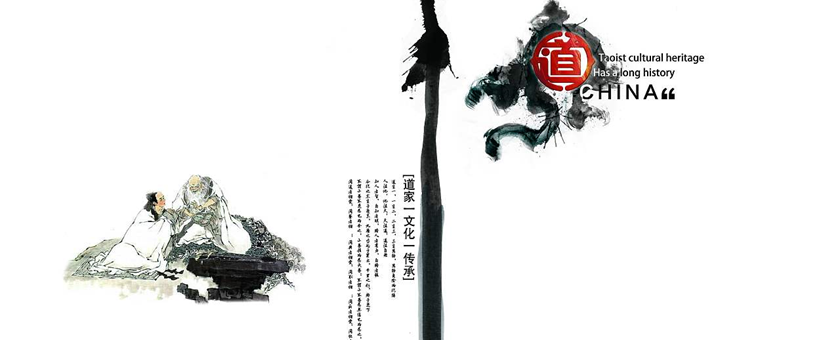
Development of Taoism
Taoism originated in the 2nd century, when the Eastern Han Dynasty was just beginning to collapse. As the empire sank into a long period of strife, peasant uprisings broke out in the provinces of Hebei and Sichuan, one based on the Taiping Religion and the other on the five-and-ten-meter Religion. Laozi, a Chinese philosopher and scholar, is the originator of Taoism. According to “Daodejing” of Lao Zi, the core belief of Taoism is to establish a Utopia in which all people are equal.
The Hebei uprising was defeated. However, when the rebels surrendered to Cao Cao, the emperor of Wei Dynasty, the Daoism of Wudoumi Tao in Sichuan and southern Shaanxi survived. After the 3rd century, many scholars and officials began to turn to Wudoumi Tao, which gradually lost its origins as a peasant uprising and became a Dao-based religion. Taoists regard Laozi as their ancestor, Zhang Dao Ling, the founder of Wudoumi Taoism, as an immortal, and the Tao Te Jing as the bible. In the book, "Tao" is the origin of the universe and the creator of all living things. Taoism also absorbed nature and ancestor worship from early Chinese beliefs. They also believed that people could live a simple life to achieve immortality and become gods.
The emperors in the past dynasties appointed the descendants of Zhang Dao Ling as faeries, making Taoism a "celestial teacher" or "Zhengyi Tao". In the middle of the 12th century, the Taoist Wang Chong Yang advocated that Taoists should also adhere to the teachings of Buddhism and Confucianism, which laid a foundation for the Quan Zhen school. Taoists should remain single, live only with other Taoists, become vegetarians, and adopt other practices. Taoism later divided into two schools, Quan Zhen Tao and Zhengyi Tao.
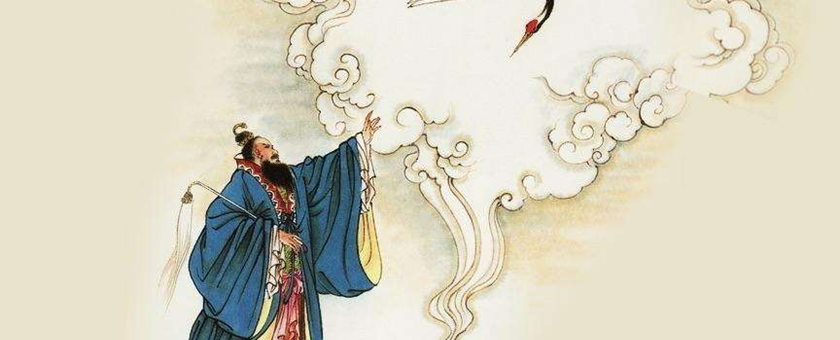
A Scholar Who Influenced Taoism
Laozi -- Founder of Taoism
Laozi is regarded as the father of Chinese philosophy. Laozi, surname is Li, first name is Er, also called Lao Ran. He lived in the 6th century BC and was a great ancient Chinese philosopher, thinker, educator and founder of the Taoism.
According to the existing historical records, Laozi was a learned, perceptive, insightful and eloquent sage, which may be related to his experience as a historian in charge of the library during the Eastern Zhou Dynasty (770-256 BC). He pointed out that it was the gross exploitation of the rulers that caused people to starve. Confucius, the founder of the Confucianism consulted Laozi many times and compared him to a dragon, which illustrates Laozi's inscrutability.
Laozi believed that all things are interrelated and interdependent. Each pair is a contrast of yes and no, easy and difficult, long and short, etc. If one does not exist, the other side does not exist either. He also asserts that two aspects of the opposition can be changed. At the same time, he resented infighting and the social realities of hard living, and advocated the establishment of a small country with a small population isolated from its neighbors. Many of his ideas and principles such as weak overcome the strong of life, keep yourself away from the worldly success, at the heart of the empty desire an easy-going attitude, high level of retirement, selflessness and moderate, imposed great influence in China's thoughts and application in the political, economic, military, culture, business and social interaction.
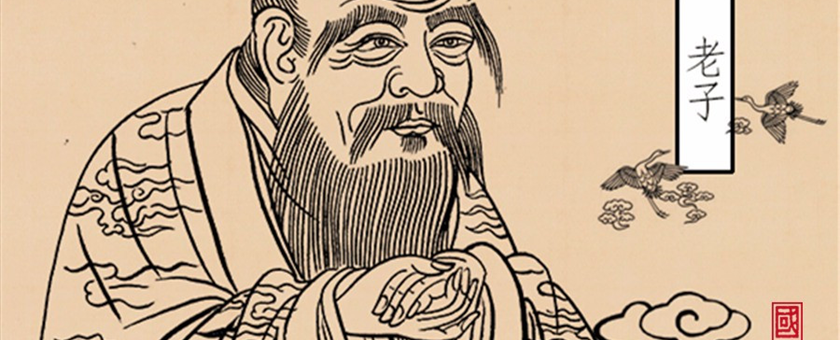
Zhuangzi
Zhuangzi is the second great man of the early Taoist school in the history of Chinese culture, which is called "Lao Zhuang philosophy". The book, named after him, is probably a combination of his own writings and those of his disciples and imitators. It is one of the most intelligent and imaginative works in Chinese literature. Like Laozi, its effect does not depend on systematic argument, but on the use of allegory, paradox and imagination.
Zhuangzi, like Laozi, takes "Tao" as the central thought, holding that "Tao" is the fundamental and dominant principle of all existence. However, he does not use the Tao as a guide for life, but as a way to transcend human life, which is of supreme value in itself. As a philosophy of acceptance, Laozi taught the virtues of living and living: humility, gentleness, and not striving. On the other hand, Zhuangzi was indifferent to human society. He seeks neither reform nor the status quo, but to transcend it. The central idea of Zhuangzi is to seek absolute happiness through perfect combination with Tao, beyond the boundary between self and universe.
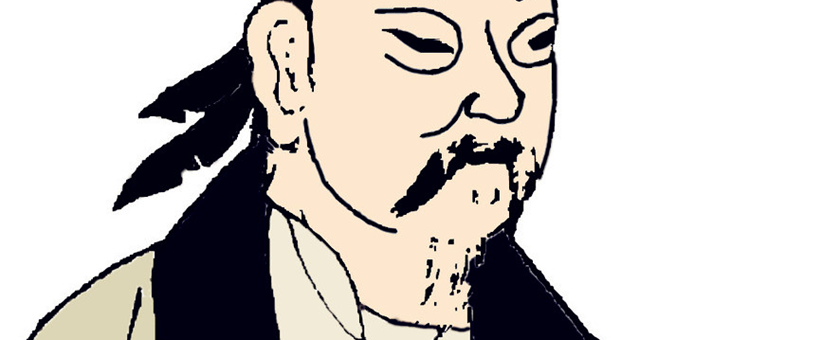
Zhang Dao Ling
It is a religious organization founded by Zhang Dao Ling and passed down from generation to generation by his descendants. It takes Laozi as the leader and the highest belief, and fruition and Jiao as the spreading method to pursue immortality as the highest state. As Zhang Dao Ling began to practice alchemy in Longhu Mountain, so Longhu Mountain can be called the first Taoist mountain in China. Zhang Dao Ling is the founder of Zhengyi Tao, he is Zu Tianshi, also known as the first generation of Tianshi.
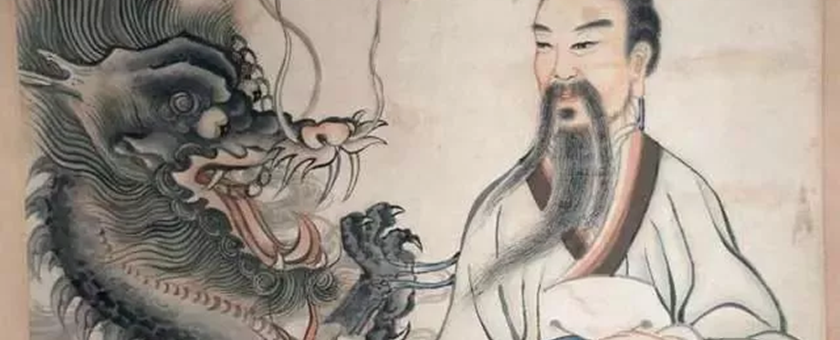
Taoist Deities
The Three Pure Ones:
The Three Pure Ones is the collective office, or title, of three highest deities that Taoism holds in veneration and worships. The three highest deities refer to the Celestial Worthy of Original Beginning in the Heaven of Qingwei in the Realm of Jade Pure, the Celestial Worthy of the Numinous Treasure in the Heaven of Yu in the Realm of Upper Pure, and the Celestial Worthy of the Dao and Inner Power in the Heaven of Dachi in the Realm of Great Pure, of which the realms of Jade Pure, Upper Pure and Great Pure are the respective fairylands they live in, while the heavens of Qingwei, Yuyu and Dachi are the respective celestial boundaries they rule.
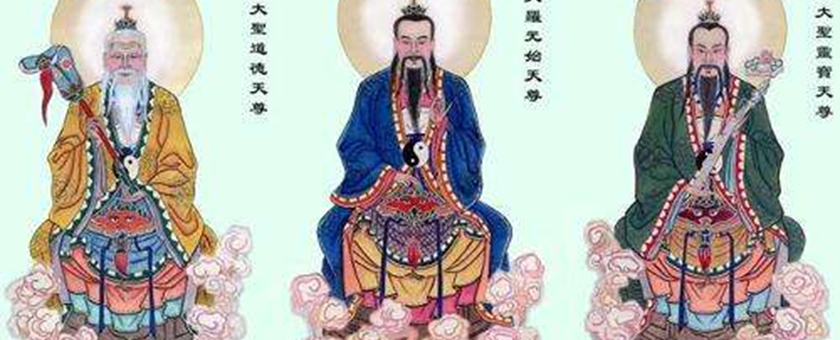
The Jade Emperor:
The Jade Emperor is a god whom ordinary people have long revered in particular, because he is their defender, the supreme god, in charge of all the disasters and blessings of the "three realms, four directions, five lines and six paths". However, as a Taoist god, the jade emperor was subordinate to Three Pure Ones.
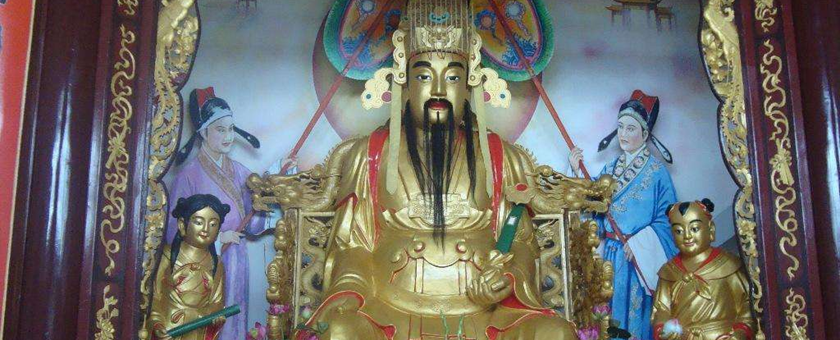
Four Royals:
The fourth emperor was the four heavenly emperors who assisted the jade emperor,the Son of Heaven emperor and Gou Chen emperor, Nanji Changsheng emperor, Hou Tu emperor.
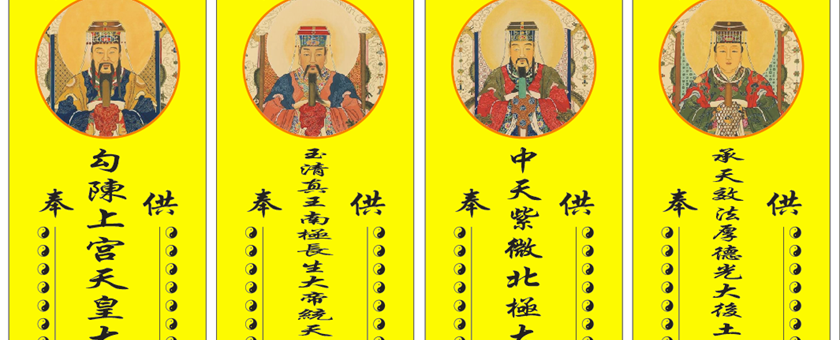
The God of the Culture:
Wenchang Emperor: In charge of fame and fortune, guarding the wind of prosperity.
Da Kui Star Monarch : The guardian of success in examinations.
Tian Shu Shang Xiang: Jiang Zi Ya, Zhang Liang, Zhu Ge Liang, Wei Zheng, Wen Tian Xiang, Liu ji.
The Ten Saints of China: Du Kang - the God of wine, Confucius, Si Ma Qian, Zhang Zhong Jing, Guan Yu, The saint of calligraphy-Wang Xi Zhi, Zhang Xu, Wu Dao Zi, Du Fu, Lu Yu--The saint of tea.
The four Saints of Confucianism: Confucius, Yan Hui, Zeng Zi, Mencius;
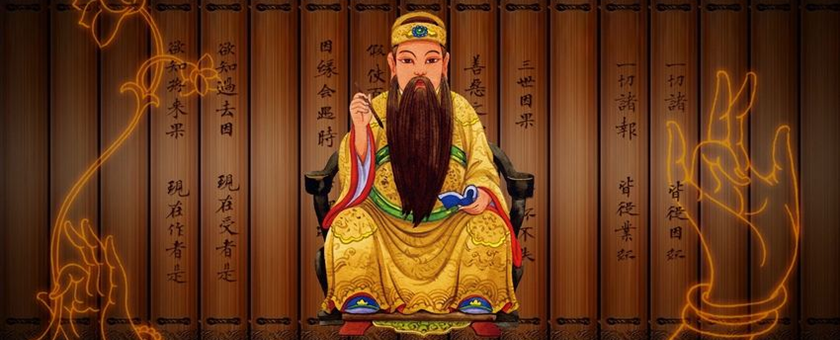
Famous Taoist Mountains:
Mt. Wudang, Mt. Longhu, Mt. Qingcheng, Mt. Qiyun, Mt. Huashan, Mt. Laoshan, Mt. Huangshan, Mt. Hengshan in Hunan, Mt. Hengshan in Shanxi, Mt. Songshan, Mt. Taishan, Mt. Wuyi, etc.
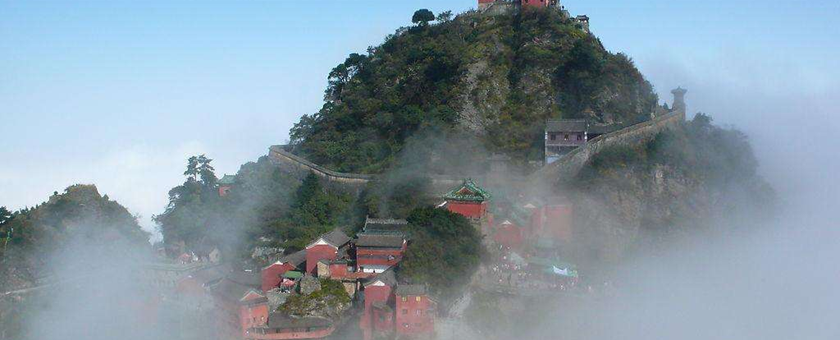

 Flow us
Flow us

